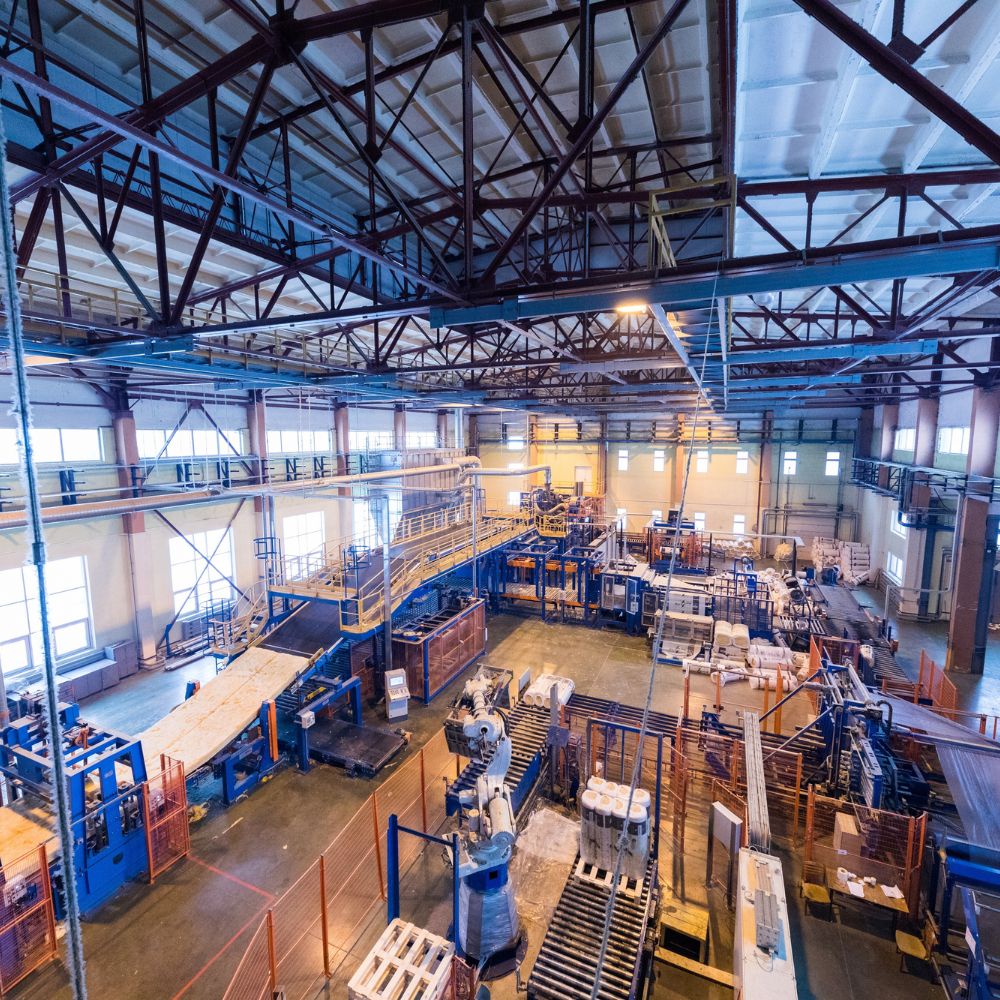The Power Behind Solar – Why Energy Storage Matters For Industrial Operations
2023-06-13 18:21:44

As we navigate towards a sustainable future, the importance of renewable energy sources cannot be overstated. Among the most promising solutions, solar energy stands out as a clean and abundant resource. It has gained popularity across various sectors, including industrial operations.
However, to maximise the benefits of solar power, energy storage plays a crucial role. In this article, we'll explore the significance of energy storage in solar solutions for industrial operations and how it empowers businesses to harness the full potential of the sun.
The Rise of Solar Energy:
Solar energy has revolutionised the way we generate electricity. By harnessing the power of the sun through photovoltaic (PV) panels, we can convert sunlight into usable energy. Solar power offers numerous advantages, including reducing greenhouse gas emissions, lowering energy costs, and decreasing reliance on fossil fuels. These benefits make solar an attractive option for industrial operations seeking cleaner and more sustainable energy solutions.
The Challenge of Solar Intermittency:
While solar energy is a renewable source, it is also intermittent. The sun doesn't shine 24/7, and solar power generation is directly dependent on daylight availability. This intermittency poses a challenge for industrial operations that require a constant and reliable energy supply.
Imagine a factory that needs to maintain its production line at full capacity or a warehouse that relies on refrigeration systems to preserve perishable goods. Without a backup power source during periods of low sunlight or at night, these operations would face interruptions and potential losses.
The Role of Energy Storage:
Energy storage systems serve as the missing piece of the puzzle in solar solutions for industrial operations. They allow businesses to store excess energy generated during the sunniest hours and use it when sunlight is limited or absent. Energy storage effectively bridges the gap between solar power generation and energy demand, providing a continuous and reliable energy supply.
Benefits of Energy Storage in Solar Solutions:
- Continuity and Reliability: Energy storage ensures an uninterrupted power supply, enabling industrial operations to function optimally regardless of fluctuations in solar energy generation. It provides a safety net, preventing downtime and losses caused by power interruptions.
- Demand Management and Load Shifting: Energy storage systems can optimise energy usage by allowing businesses to shift energy consumption from high-demand periods to low-demand periods. This feature helps reduce peak electricity demand, avoiding strain on the grid and potentially lowering electricity costs.
- Grid Independence and Resilience: By integrating energy storage with solar solutions, industrial operations can reduce their reliance on the electrical grid. This independence enhances resilience during grid failures, natural disasters, or other emergencies, ensuring essential operations can continue smoothly.
- Cost Savings: Energy storage allows businesses to maximise the utilisation of solar energy, reducing reliance on grid electricity and minimising energy bills. Over time, the cost savings from using stored solar energy can offset the initial investment in energy storage systems.
Types of Energy Storage Technologies:
There are several energy storage technologies commonly used in solar solutions for industrial operations, including:
- Battery Storage: Lithium-ion batteries are the most prevalent and widely adopted storage technology due to their high energy density, efficiency, and relatively low maintenance requirements.
- Pumped Hydro Storage: This method utilises the potential energy of water by pumping it to a higher elevation during times of excess solar energy and releasing it to generate electricity when needed.
- Thermal Storage: This technology captures and stores solar energy in the form of heat, which can then be used for space heating, industrial processes, or electricity generation.
- Flywheel Energy Storage: Flywheels store kinetic energy and release it when required, providing short-duration power support during peak demand periods.
Conclusion:
Energy storage is the key to unlocking the full potential of solar energy for industrial operations. By overcoming the intermittent nature of solar power generation, energy storage systems ensure continuity, reliability, and cost savings.
As businesses embrace sustainable practices and strive towards energy independence, integrating energy storage with solar solutions becomes increasingly important.
With advances in technology and decreasing costs, energy storage is poised to play a pivotal role in the future of industrial operations, ushering in a greener and more resilient energy landscape.
For more information on business energy solutions, contact Daisy Business Solutions.


